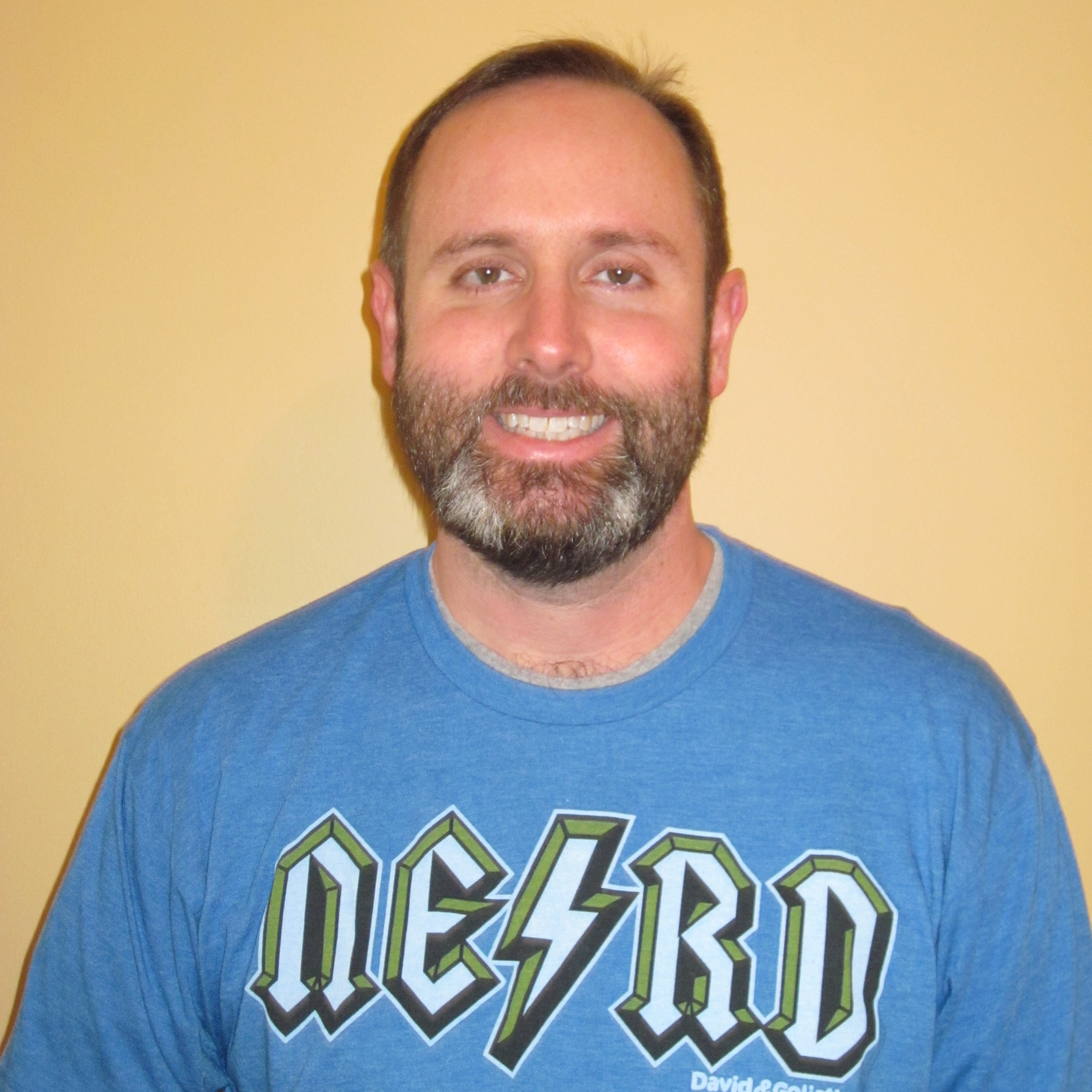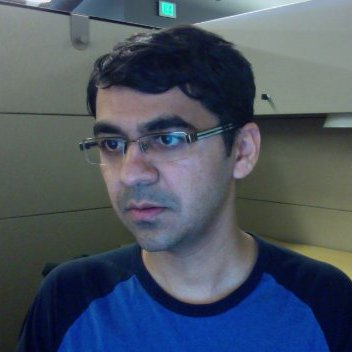Presentation: A Series of Unfortunate Container Events @Netflix
Abstract
Project Titus is Netflix's container runtime on top of Amazon EC2. Titus powers algorithm research through massively parallel model training, media encoding, data research notebooks, ad hoc reporting, NodeJS UI services, stream processing and general micro-services. As an update from last year's talk, we will focus on the lessons learned operating one of the largest container runtimes on a public cloud. We'll cover the migration we've seen of applications and frameworks from VM's to containers. We will cover the operational issues with containers that only showed after we reached the large scale (1000's of container hosts, 100's of thousands of containers launched weekly) we are currently supporting. We'll touch base on the unique features we have added to help both batch and microservices run across a variety of runtimes (Java, R, NodeJS, Python, etc) and how higher level frameworks have taken avantage of Titus's scheduling capabilities.
QCon: What’s the motivation for your talk?
Andrew & Amit: Last year we talked about why we choose to build Titus, our container management platform. We also talked about the architecture and implementation of Titus. This year, we wanted to talk about lessons learned running and continuing to evolve this critical system at Netflix. We wanted to share the lessons learned providing Netflix required availability running this system at our unique levels of scale.
QCon: What’s the level & core persona?
Andrew & Amit: We expect most attendees who are considering containers as part of their infrastructure to benefit with the lessons learned across the varied use cases we've seen benefit from containers. Additionally, those growing container environments from test and development will learn key lessons of what it takes to run containers in production. Finally, lessons learned only at Netflix scale will be presented. These final lessons of worldwide scale are usually academically interesting to most engineers.
QCon: What 3 actionable things do you want persona to walk away with?
Andrew & Amit:
1. What aspects to consider after deploying an off-the-shelf container management platform
2. How to think about reliability in the context of a large scale distributed container management platform
3. What levels of scale are possible, not through synthetic benchmarks, but real world container deployments
QCon: Ask and answer an interesting question of your choice that you think an attendee might have after reading your abstract?
Andrew & Amit:
Q: Why is Netflix's container management platform different from other open source container management platforms?
A: Given our existing VM based cloud native infrastructure, we approached container management as an addition to our existing cloud platform -- instead of a replacement. This means a key to the success of Titus was deciding what Titus would not do, leveraging the full value other infrastructure teams at Netflix provide. This also meant leveraging Amazon Web Services (AWS) deeply seamlessly integrating VM's and containers while supporting existing operations and security models in AWS. Finally, it was important to consider how we choose workloads that benefited from containers as compared to pushing all workloads to containers.
Similar Talks
Scaling DB Access for Billions of Queries Per Day @PayPal

Software Engineer @PayPal
Petrica Voicu
Psychologically Safe Process Evolution in a Flat Structure

Director of Software Development @Hunter_Ind
Christopher Lucian
Not Sold Yet, GraphQL: A Humble Tale From Skeptic to Enthusiast

Software Engineer @Netflix
Garrett Heinlen
Let's talk locks!

Software Engineer @Samsara
Kavya Joshi
PID Loops and the Art of Keeping Systems Stable

Senior Principal Engineer @awscloud
Colm MacCárthaigh
Are We Really Cloud-Native?

Director of Technology @Luminis_eu
Bert Ertman
The Trouble With Learning in Complex Systems

Senior Cloud Advocate @Microsoft
Jason Hand
How Did Things Go Right? Learning More From Incidents

Site Reliability Engineering @Netflix
Ryan Kitchens
Graceful Degradation as a Feature

Director of Product @GremlinInc

